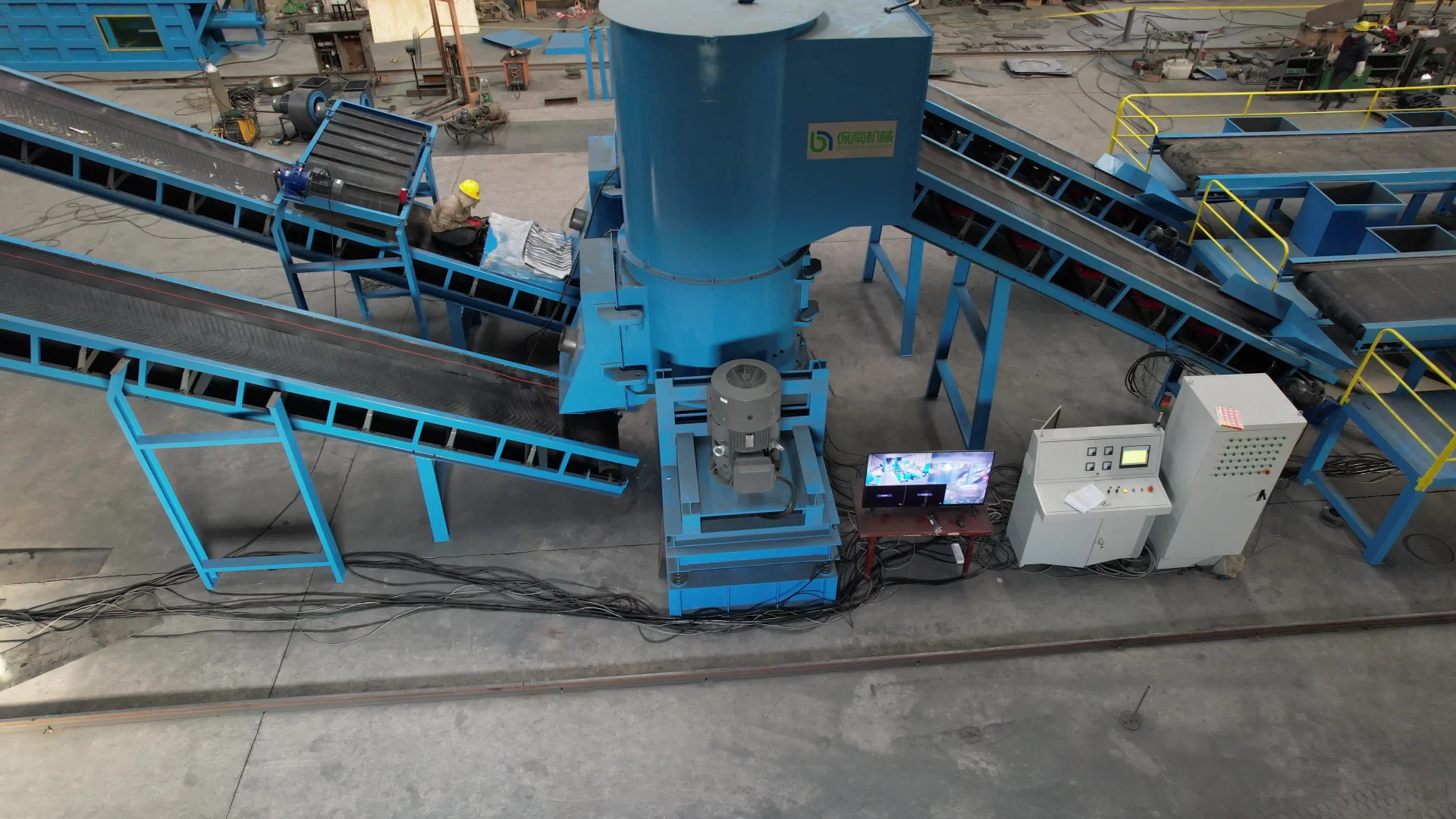
9 月 . 03, 2024 06:28 Back to list
Understanding Industrial Shredder Costs
Industrial shredders are essential machines in various industries, including recycling, waste management, and manufacturing. These powerful devices are designed to reduce large volumes of materials into smaller, manageable pieces, making recycling and disposal processes more efficient. When considering the purchase of an industrial shredder, one of the most important factors to evaluate is the cost.
Factors Influencing Industrial Shredder Costs
1. Type of Shredder There are numerous types of industrial shredders available, including single-shaft, double-shaft, and granulator shredders. Each design serves different purposes and applications. For instance, if the primary need is to shred metal, a robust dual-shaft shredder may be required. The type of shredder directly affects its cost, with specialized machines generally being more expensive.
2. Size and Capacity The size and processing capacity of the shredder also play a significant role in determining its cost. Larger machines that can handle greater volumes of materials typically come at a premium. Businesses must assess their specific needs to choose a size that is both efficient for their operations and within their budget.
3. Features and Technology Modern industrial shredders come equipped with advanced features such as automation, enhanced safety mechanisms, and energy-efficient systems. These technologies can improve the efficiency and effectiveness of shredding operations but can also increase the overall cost. Investing in higher-end models may lead to long-term savings in operational costs and improved productivity.
4. Material of Construction The durability of an industrial shredder often depends on the materials used in its construction. Machines built with high-grade steel and other durable materials tend to have higher upfront costs but can offer longevity and reduced maintenance expenses.

5. Brand Reputation The manufacturer’s brand reputation can also impact the price of industrial shredders. Established brands known for quality and reliability may charge more, but they often provide better after-sales support, warranties, and availability of replacement parts.
Additional Costs to Consider
In addition to the initial purchase price, businesses should consider additional costs associated with owning an industrial shredder. These can include
- Maintenance and Repair Costs Regular maintenance is essential to keep shredders in optimal working condition. Understanding the expected maintenance costs can help businesses factor this into their budget. - Installation Costs Depending on the complexity of the shredding system, installation costs can vary. Proper setup is crucial for ensuring the machine operates efficiently. - Operational Costs The cost of energy and labor associated with operating the shredder must also be taken into account. More energy-efficient models can help reduce operational costs over time.
Conclusion
When it comes to industrial shredders, understanding the cost involves more than just the initial purchase price. By considering factors such as type, size, features, and additional expenses, businesses can make informed decisions that align with their operational needs and budget. Investing in the right industrial shredder not only enhances waste management processes but can also lead to significant savings in the long run. Whether you're upgrading existing equipment or acquiring a new machine, taking the time to evaluate all aspects of cost can pay off in improved efficiency and profitability.
Latest news
Unveiling the Power of Eddy Current Separator
NewsSep.25,2024
Transform Your Home Recyclin:home metal shredder
NewsSep.25,2024
The Future of Waste Management with Recycling Line Picker
NewsSep.25,2024
The Benefits of a Metal Recycling Plant
NewsSep.25,2024
Revolutionize Material Separation with Onwang Technology
NewsSep.25,2024
Innovative Waste Management: Unveiling the MSW Sorting Plant
NewsSep.25,2024